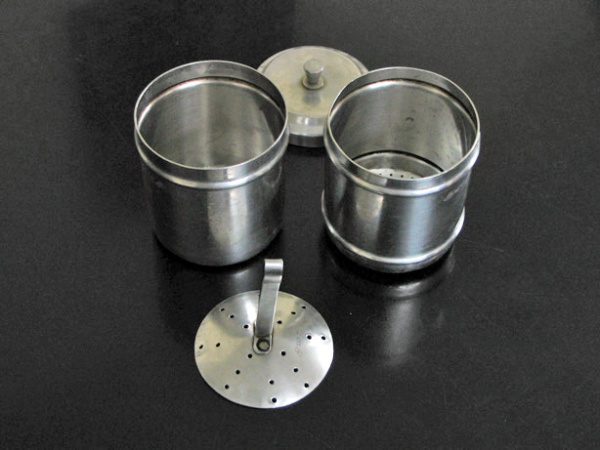Facts About Indian filter coffee
South Indian filter coffee, affectionately known as Kaapi, is a cherished beverage crafted by blending frothed and boiled milk with coffee brewed through a traditional Indian filter. This delightful drink is known by several regional names, including Madras filter coffee, Madras kaapi, Kumbakonam degree coffee, Mylapore filter coffee, and Mysore filter coffee. It's important to distinguish this from the term "filter coffee" commonly used outside India, which refers to drip brew coffee—a completely different brewing method.
The origins of South Indian filter coffee trace back to the 16th century. It began when Baba Budan, a Sufi saint from Karnataka, brought coffee beans from Yemen and planted them in India. Later, the British East India Company helped popularize coffee across the country. By the mid-20th century, Indian filter coffee had become a staple in Indian Coffee Houses and even made its way to countries like Malaysia and Singapore.
The coffee beans used for this aromatic brew are typically a mix of arabica and robusta, cultivated in the lush landscapes of South India. These beans are medium-roasted, finely ground, and often blended with roasted chicory to create a distinctive flavor and aroma. The brewing process involves a metal filter that delivers a strong, flavorful coffee.
In South India, filter coffee is more than just a drink; it's a cultural emblem. In states like Karnataka, Tamil Nadu, Andhra Pradesh, Telangana, and Kerala, offering coffee or tea to guests is a cherished tradition. The drink is sometimes called "Degree Coffee" a term that denotes its high quality, or "Meter Coffee" referring to the dramatic pouring method that stretches the coffee between cups.

 India
India